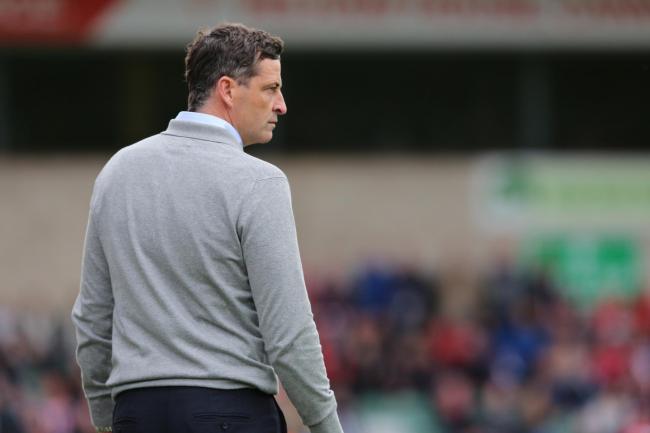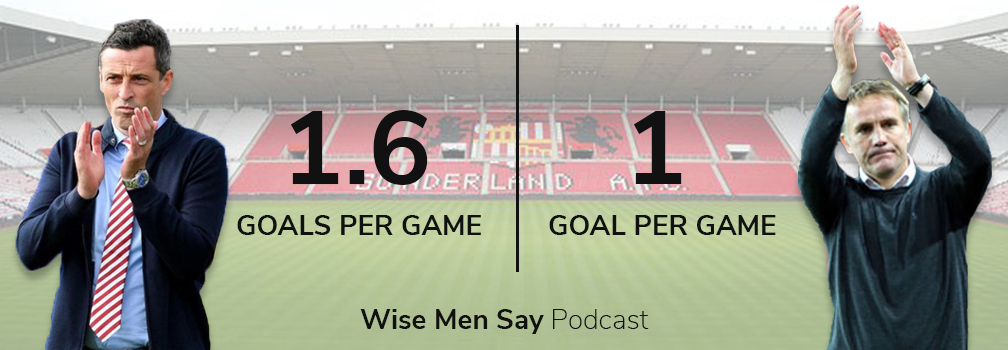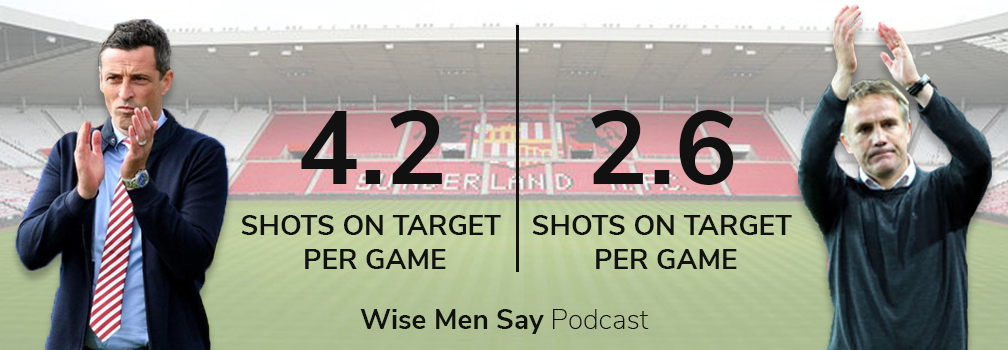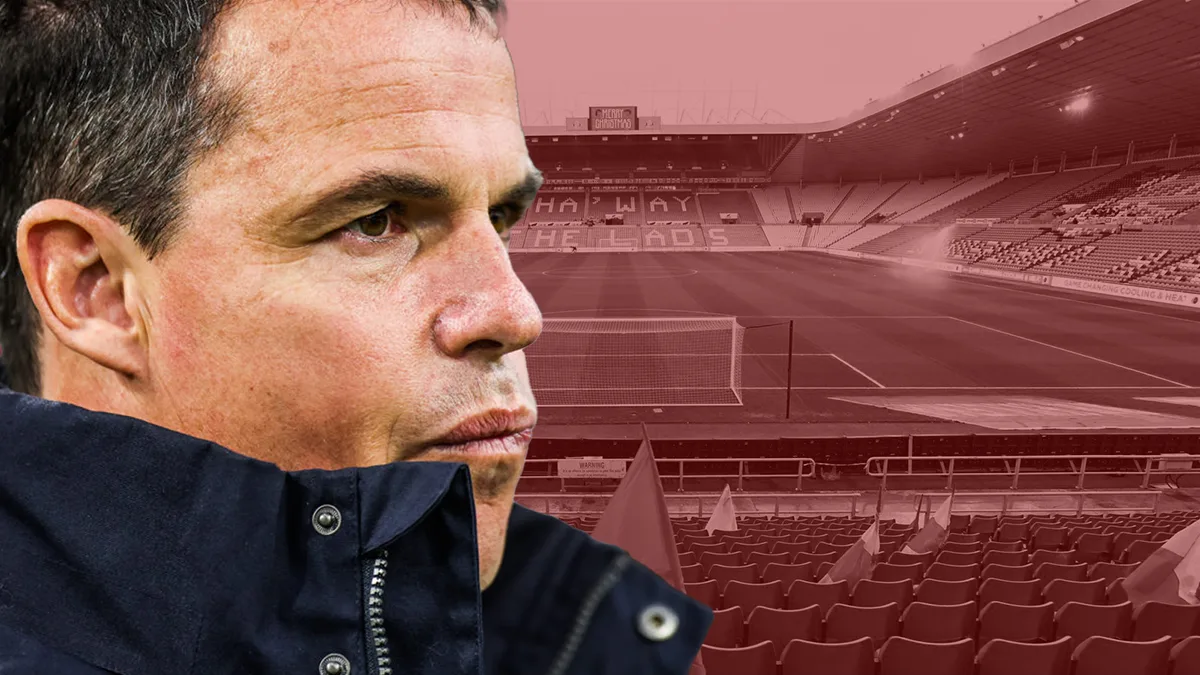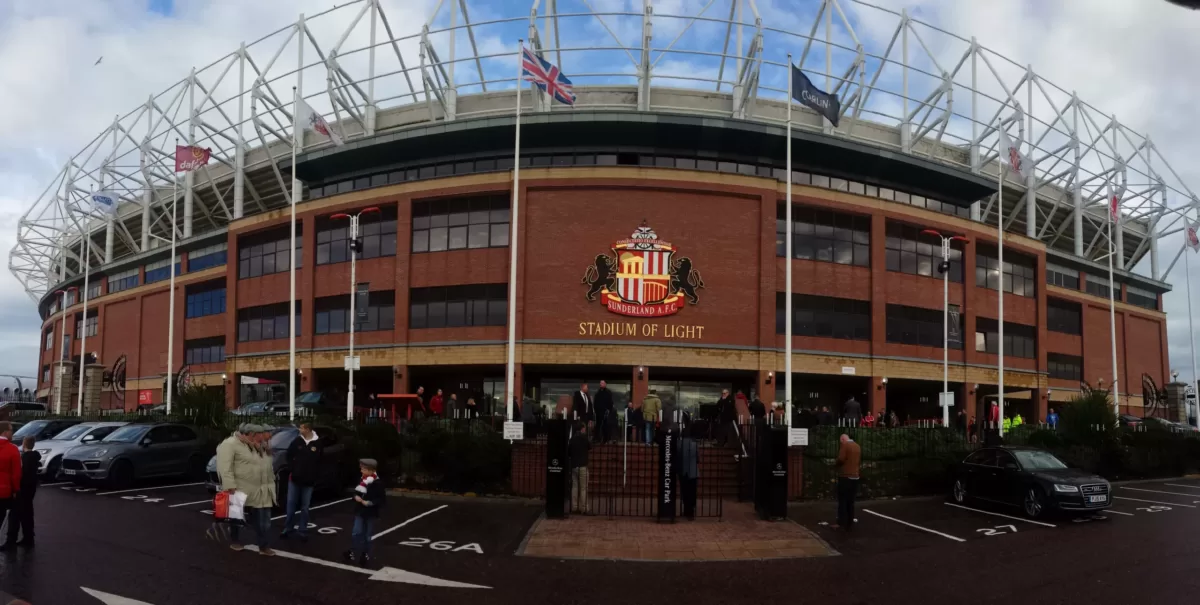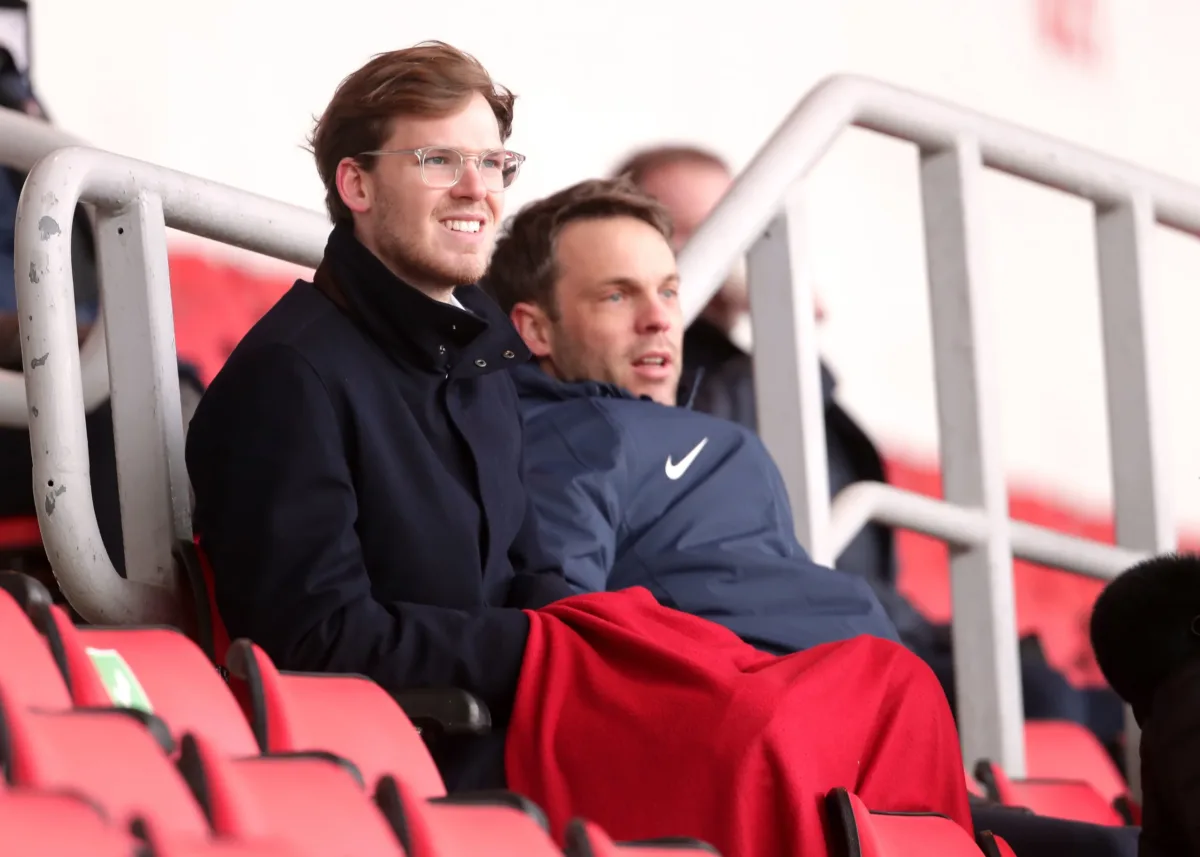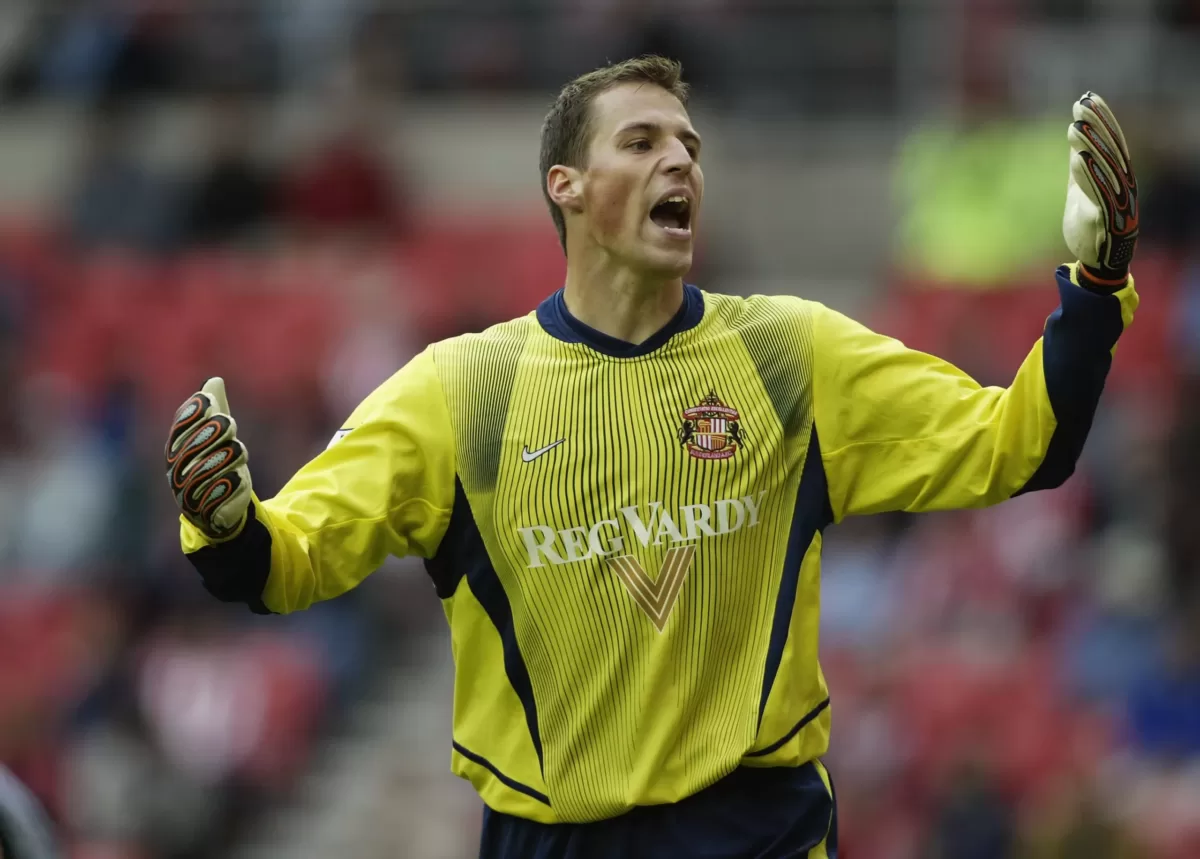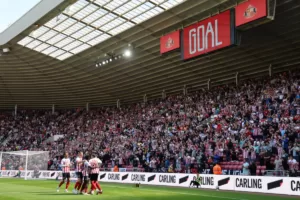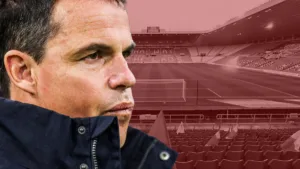Joe Owens takes an in-depth look at Phil Parkinson’s first ten games in charge of Sunderland, as life after Jack Ross goes on
Shortly after Michael Appleton and Jack Ross shook hands, the Scot stood a broken man. For the first time, the 43-year-old, weary-eyed, dejected and tired, gave up on finding positives. He’d had enough.
Sunderland had just been beaten by an average-at-best Lincoln City side. It was Ross’ 11th defeat of his tenure, and it proved to be his last.
At the time, you’d have been hard fought to find a strong collective who believed he could go one better than the previous year. With a depleted squad following the departures of Lee Cattermole, Bryan Oviedo and George Honeyman, to name just three, and a noticeable regression in form, it was time for Ross’ managership to end. Change was needed.
And it came. Hours before Sunderland were set to take on Grimsby Town in the Leasing.com trophy, the now-Hibernian boss was wished well in all his future endeavours and shown the door. Then came finding his replacement.
Many names were touted. Gareth Ainsworth from Wycombe Wanderers, Daniel Stendel; who’d been relieved of his duties by Barnsley that very day, and former Brighton & Hove Albion and Newcastle United manager, Chris Hughton.
From those, arguably the highest-profile names linked to the vacancy – aside from Joe Royle, of course – not one unified the Stadium of Light’s fanbase. And it’s a fracture that’s grown wider since.
As we all know, Phil Parkinson – who’d been out of work since leaving Bolton Wanderers the previous summer – was chosen. His references impressed Stewart Donald, and he was the “prime candidate to take the club forward” following a “rigorous” recruitment process. However, what’s happened since certainly challenges that notion.
Sunderland’s 1-1 draw with Coventry City on Saturday was Parkinson’s 10th game in charge. During that short space of time, the Black Cats have exited three cup competitions and lost ground on those currently vying for a place out of League One. In summary, it’s been the lowest point in this club’s history.
Defeat to Oxford United on penalties in the League Cup after overcoming two Premier League sides in previous rounds. Going down to Leicester City’s U-21s a week later. A 3-0 defeat to League Two strugglers Scunthorpe United not long after and topping it all off by failing to register a single shot on goal at Gillingham in the FA Cup first-round replay.
A simple correlation runs deep through all of those frankly embarrassing scorelines; a lack of goals.
But chucking the blame onto Will Grigg, or any other striker’s shoulders doesn’t dig deep enough.
The most important part of the game
Admittedly, there isn’t anything more important than goals. Both scoring them and keeping them out. And under Parkinson, there have been goals, but nowhere near enough.
During his time in charge, Sunderland have averaged one goal a game. That’s not promotion form. It’s touching on relegation candidacy. And when you consider that five of those came in a single 90 minutes against Tranmere, the alarm bells ring louder.
In comparison to Ross, it’s 0.6 goals per game less than during the 10 games leading up to his sacking, and 0.5 less than his introduction to the hotseat; fixtures which followed a complete overhaul at the club.
And it’s not just scoring goals either. Parkinson’s name is affiliated with making teams difficult to break down. Ones that make you work hard for opportunities. Yet, Sunderland are currently anything but.
In truth, the 51-year-old has plugged the smallest of gaps since taking over. Instead of conceding an average of 1.2 goals per game, which Ross oversaw during his final 10 games in charge, it’s now 1.1.
Yet, that isn’t as positive as you may think. Not only is it still higher than Ross’ first 10 games in charge – one goal per game – but as those of you who can count will realise, on average, Sunderland are conceding more than they’re scoring.
I’m no football manager, but even I can tell that’s not good.
So why the downturn in finding the back of the net? Well, the answers may lie in creativity and control.
Creativity and Control
Simply put, it’s harder to score goals when you’re not hitting the target. I know that may sound like it’s been taken straight from Michael Owen’s punditry notes, but it’s true. And under Parkinson, as was highlighted during the painfully dull FA Cup replay last week, Sunderland aren’t creating enough.
On average, during the former Bolton man’s first 10 games in charge, the Black Cats have recorded less than three shots on target per game – an almost 40% reduction compared to both Ross’ first and last run over the same period.
It’s an alarming statistic, but one which may come down to controlling the game.
Without pace, it’s difficult to be an effective counter-attacking side. And although it may not seem it, that’s the way the numbers suggest we play.
Unless you’re Pep Guardiola, possession statistics aren’t often what your coaching philosophy is based on. Yet, as is the case with shots on target, without the ball, and in our case, without pace, too, it’s harder to score.
Across Parkinson’s first 10 games in charge, Sunderland have averaged just over 47% possession. The number alone doesn’t say much, but when you consider how we consistently allow the opposition to dictate play, it highlights yet another flaw in the current set up.
A lack of swagger
If you’re an avid listener to the Wise Men Say podcast, you’ll know there’s been much debate about going about our business with a certain arrogance in League One. Making sure we don’t forget our past. At the end of the day, three years ago, we were a Premier League side.
It’s not saying we’re entitled to more than our current standing of mid-table in League One. But that, using our club’s long history as guidance, where we are now isn’t where we should be. This is only the third season we’ve witnessed this level of football after all.
And yet here we are. Allowing the opposition to take control, find their rhythm, and often, punish us for it. It’s no more obvious than when looking at passing statistics.
On average, Parkinson’s men are completing almost 50 passes more per game than Ross’ side managed in his final 10 games. And although you wouldn’t think it on the face of things, their pass completion rate is also up – by just under 4%.
However, coupling those numbers, and the fact Sunderland are increasingly struggling to create opportunities in the final third, highlights two potential worries.
One, when we do have possession, it’s for the sake of it. There’s no cutting pass. No bending runs in behind to test defenders. Everything is being played in front of the opposition, often in our own defensive and middle thirds.
Or secondly. We’re that accepting of being a middle-of-the-road League One outfit; a team lacking so much in quality, that we’re being harried and hassled by, often, flat-track bullies.
Really, there’s an argument for both. Which, in its own way, shows how morbidly depressing this football club has become.
The Verdict
In case you were in any doubt, I’m yet to be sold on Parkinson or how he is the “prime candidate” to take this club forward, as Donald said.
That’s not to say Ross hadn’t run his course. The numbers alone show a decline during his last 10 games compared to his first, never mind our genuinely brilliant run towards the back end of 2018.
For Ross, the mood had also turned. Thinking back to Bolton away, it was a far cry from this time 12 months ago.
At that point, League One was, in a way, fun. The Saturday-Tuesday fixtures in small towns, often only accessible via country roads or 13 changes on the train was an experience most relished.
Now, though, it’s not fun. Those country roads and train journeys seem endless – as does our time in League One.
Under the current stewardship and without a January transfer window of the ages, Sunderland will be a third-tier club for three successive years. On that May evening in 2016 against Everton, who could have thought, not even five years down the line, we’d be saying that.
And if you’re thinking I’m being overdramatic or pessimistic, I’ll leave you with this.
As Gareth Barker often points out, you need around two points per game for a successful promotion campaign. Parkinson has averaged one – almost half of Ross’ haul in his first 10 games.
If things are to continue at the current rate, we’d finish on 54 points. Last year, that was good enough to guarantee 17th.
And whichever way you look at it, whether you think judging Parkinson on 10 games is fair or not, that’s un-fucking-acceptable.
No, we’re not a Premier League club anymore. But surely, we’re better than this.
Joe Owens


